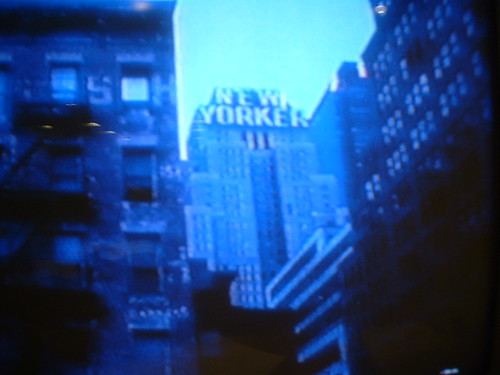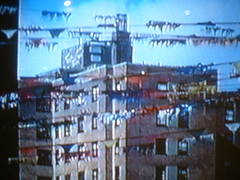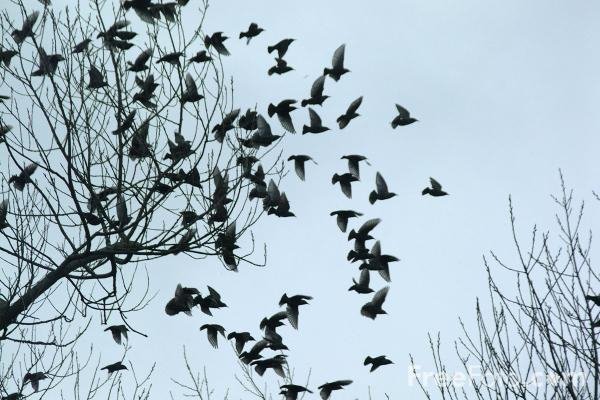--Susan Sontag
Every passion borders on the chaotic, but the collector's passion borders on the chaos of memories.
--Walter Benjamin
 I recently took one of those strange voyages through idea-world in which everything seems to echo and reverberate. The impetus was a serious, unsettling sit down with Susan Sontag's "On Photography" (1977, the year I was born); the echoes came from everywhere.
I recently took one of those strange voyages through idea-world in which everything seems to echo and reverberate. The impetus was a serious, unsettling sit down with Susan Sontag's "On Photography" (1977, the year I was born); the echoes came from everywhere.One of Sontag's most important arguments is that photography is both a response to and a symptom of modernity. That it attempts to replenish a material reality consumed and made obsolete by speed and progress, but that in its objectifying, nostalgic, aestheticizing gaze, actually contributes to that depletion, "turning reality into shadow". This aestheticization, Sontag says, has infiltrated our normal modes of perception. Vision has become photographic: "Instead of just recording reality, photographs have become the norm for the way things appear to us, thereby changing the very idea of reality, and of realism."
But then I happened upon Jem Cohen's "Lost Book Found". Sontag, an epic cinephile if there ever was one, seems to exempt film, with its narrative function, its ability to communicate in time, from her critique of photography. But Cohen is the most photographic of filmmakers, a self-described inheritor of Walter Benjamin's solitary walker, the urban transient who floats through reality observing and collecting forgotten and used up fragments of urban consumer culture. Cohen is New York's Atget, documenting the city's constant death and regeneration, its inexhaustible play of layers and depths, its ocean of objects. "Lost Book Found" is his memorial to the city's mid-'90's early-Giuliani moment, when its endless strange, scuzzy worlds were just beginning to be swallowed up by a new era of prosperity and cleanliness.
Sontag laments photography's tendency to turn "living beings into things, things into living beings," to render "the familiar and homely exotic." But anyone who's ever lived in New York can attest to the overwhelming vibrance of objects--and their will to speak. "Lost Book Found" is a gorgeous testament to the life and death and rebirth of objects within consumer culture (including the infamous dancing plastic bag which would reappear, with much teenaged pathos, in "American Beauty") and the strange life of human consciousness among those objects. Nothing could seem more appropriate to New York than to film it, to document that life. Perhaps vision and perception have become photographic but, Cohen seems to reply, our surreal, cluttered landscape has made it that way.
 Surrealim lies at the very heart of the photographic enterprise: in the very creation of a duplicate world, of a reality in the second degree, narrower but more dramatic than the one perceived by natural vision...What could be more surreal than an object that virtually produces itself...?
Surrealim lies at the very heart of the photographic enterprise: in the very creation of a duplicate world, of a reality in the second degree, narrower but more dramatic than the one perceived by natural vision...What could be more surreal than an object that virtually produces itself...? The primitive notion...presumed that images possess the qualities of real things, but our inclination is to attribute to real things the qualities of an image.
The primitive notion...presumed that images possess the qualities of real things, but our inclination is to attribute to real things the qualities of an image. The lure of photographs, their hold on us, is that they offer at one and the same time a connoisseur's relation to the world and a promiscuous acceptance of the world.
The lure of photographs, their hold on us, is that they offer at one and the same time a connoisseur's relation to the world and a promiscuous acceptance of the world. In America, every specimen becomes a relic.
In America, every specimen becomes a relic.

1 comment:
You seem to be a lover of art. Please be respectful and put a credit under each piece of art (ie, © John Smith). This is the industry standard.
Thank you.
Post a Comment